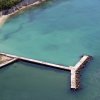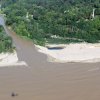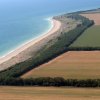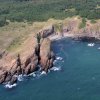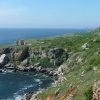Center for Coastal & Marine Studies
CCMS ATTENDED THE EMD 2023
The European Maritime Day (EMD), took place in Brest (France) on 24 and 25 of May and was organised by the European Commission, the City of Brest, the Region of Brittany, the department of Finistère and the General Secretariat for the Sea.
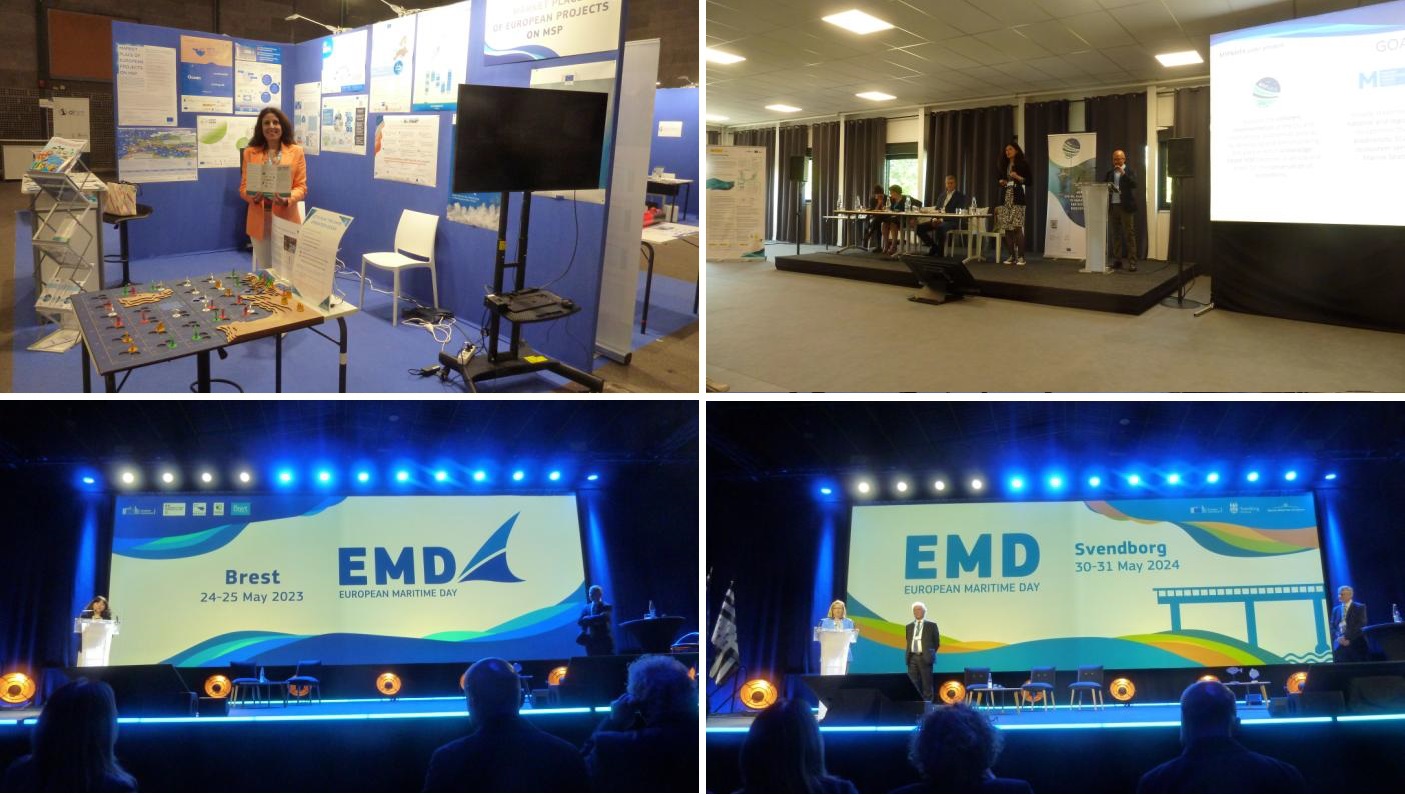
CCMS team members participated at the event, and the two European, MSP projects in which we are partners were widely presented: the Horizon Europe MSP4BIO project and the EMFAF project MSP-GREEN. Partners from both projects attended the EMD 2023 and the two projects had large exhibitions.
Our Workshop 14 - Achieving marine biodiversity protection targets in the EU -improving governance or planning & management was co-organised by European Union's Ocean Governance for MPAs Project and the WWF European Policy Office. The MSP4BIO coordinator Ivana Stojanovic presented three sister projects: MSP4BIO, EuropeMPA and MarinePlan. The synergies include more science-based planning and co-development with stakeholders. The workshop was moderated by Mauro Randone from WWF-Med, one of the MSP4BIO partners.
MSP-GREEN FIRST NEWSLETTER PUBLISHED!

Discover latest insights, reflections and take-home-messages on the already carried and upcoming MSP-GREEN project events and activities!
Introducing the project and its consortium
Covering 5 European sea basins - The Baltic sea, the North Sea, the Mediterranean,The Black sea and the Atlantic Ocean, the MSP-GREEN project contributes to align maritime spatial plans (MSPs) to the ambition of the European Green Deal(EGD). The framework aims to provide a cross-cutting approach to the EGD keytopics relevant for marine environment and sustainable transition of blue economy: (1) climate change, (2) circular blue economy, (3) marine biodiversity, (4) marinerenewable energy, (5) sustainable food provision. Co-funded by the European Maritime, Fisheries and Aquaculture Fund, the MSP-GREEN project gathers partners from Italy, Spain, France, Latvia, Finland, Bulgariaand Germany. Partners are: CORILA (Coordinator), CNR-ISMAR, IUAV (IT), CEREMA, IFEMER, UBO (FR), IEO (CSIC)(SP), MoEPRD (LV), RCSW (FI) and CCMS (BG). Associated Partners: VASAB and BSH (DE).

MSP-GREEN project presented at the Changing Coastal Landscapes meeting
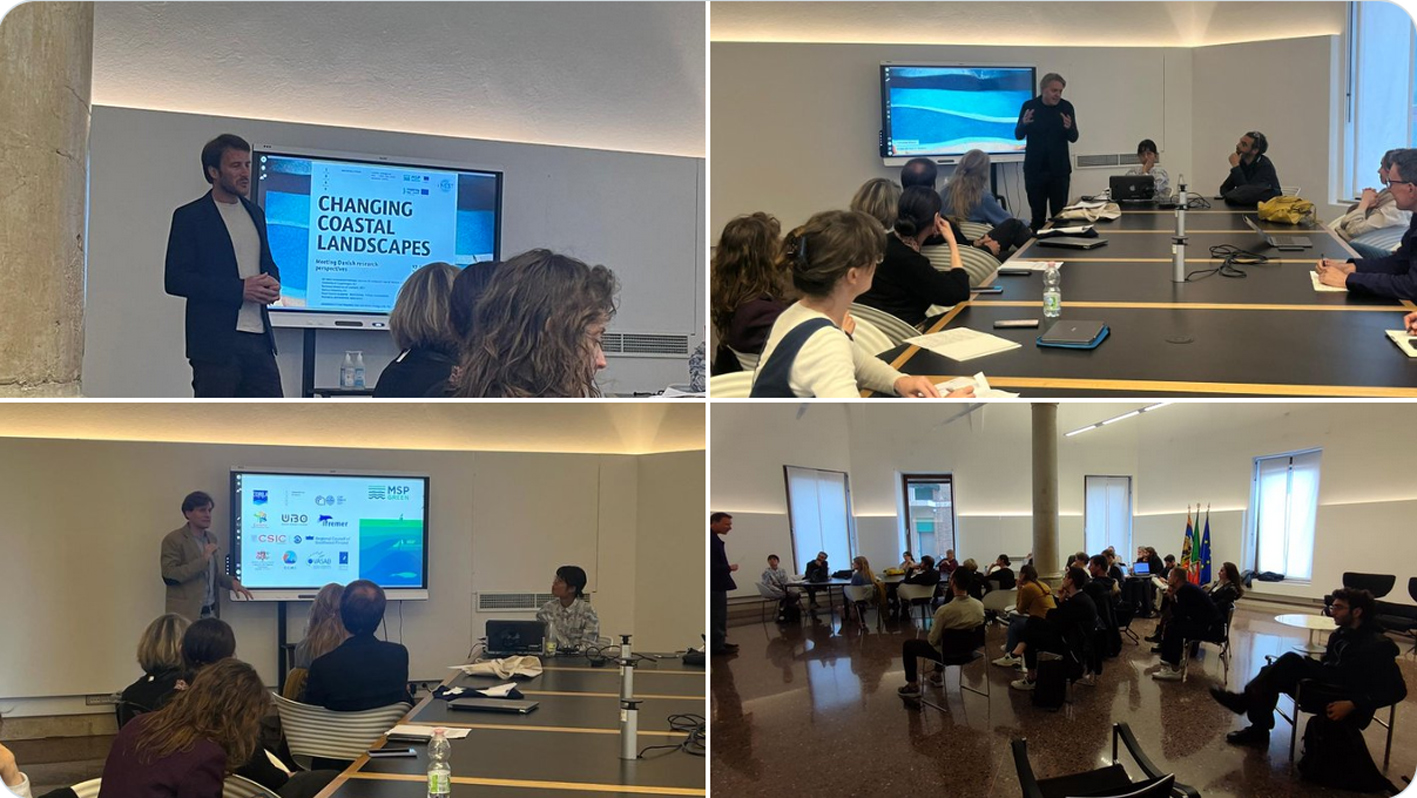
The MSP-GREEN project was presented at University of Venice (IUAV) premises during the Changing Coastal Landscapes meeting. The Danish Universities offered experiences in coastal and marine research, as from IUAV side a perspective on research of EU Green Deal regarding marine Climate Change was provided.
At the meeting, an open discussion was held between scholars of University of Venice and
• University of Copenhagen (KU);
• Technical University of Denmark (DTU);
• Aarhus University (AU);
• Royal Danish Academy - Architecture, Design, Conservation;
• Realdania
Next stop for MSP-GREEN presentation: European Maritime Day, 24-25 May in Brest!
Second Steering Committee and General Assembly Meeting of MSP-GREEN, 9 May, 2023

The Second Steering Committee and General Assembly Meeting of MSP-GREEN project took place as hybrid event (in Cagliari and online) on 9 May, 2023. The meeting was organized by CORILA and IUAV in synergy with the EMFAF sister project Regina-MSP event on Ocean Literacy for regional MSP.
The event included the CAs, SC and AB members. Scope of the meeting was to assess the progress of activities performed since the Venice’s launching conference in January 2023 and, from a strategic point of view, to verify the coherence for future activities. A discussion occurred considering the activities in each work package.

The MSP-GREEN website https://mspgreen.eu/ will be officially launched at the European Maritime Day in Brest, on 24-25 May 2023!
Stay tuned for further updates and follow MSP-GREEN on Twitter: @MSPGREEN22
























